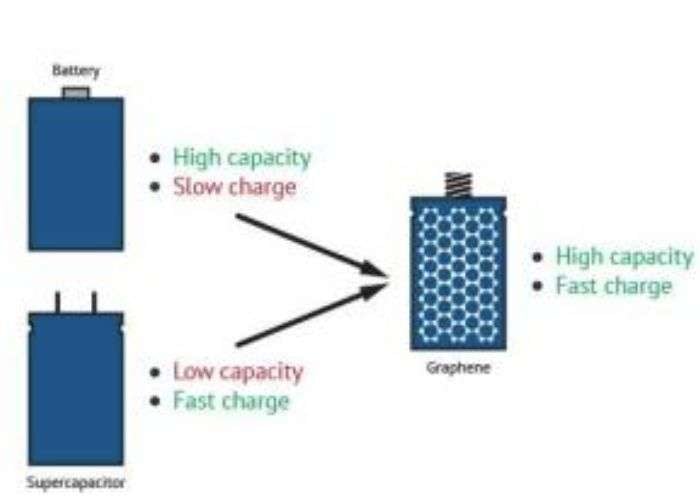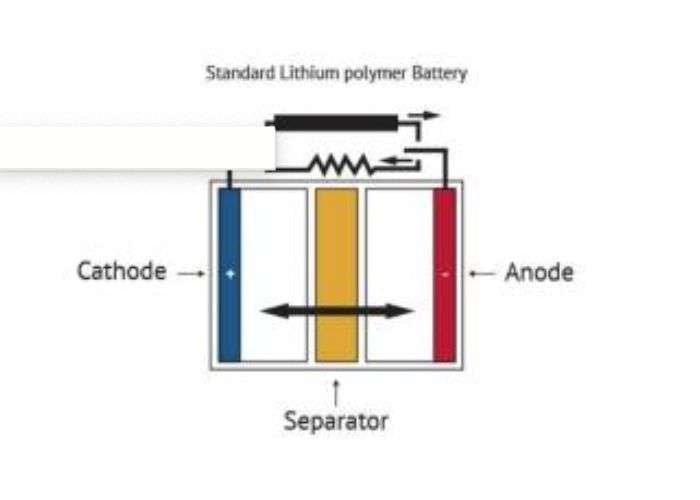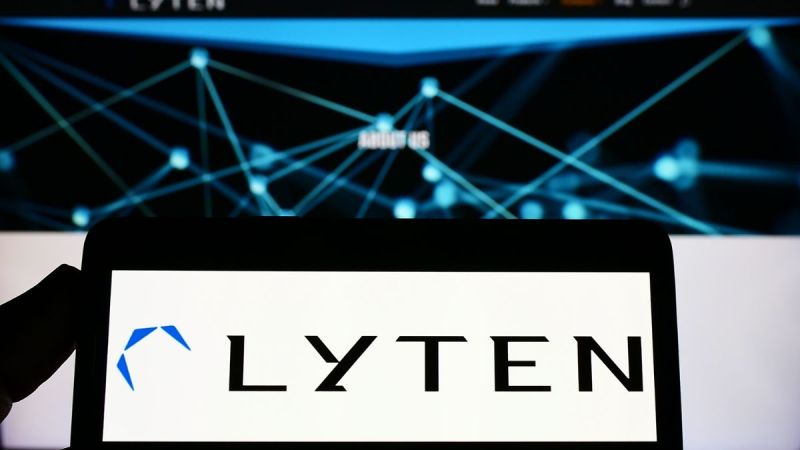In the quest for advanced energy storage solutions for electric vehicles (EVs), graphene battery technology has emerged as a promising contender. With its remarkable properties and potential, graphene batteries have the ability to revolutionize the automotive industry. In this article, we delve into the features, benefits, and the current state of graphene battery technology, drawing insights from the comprehensive information provided by Lyten.com on 3D graphene.
Unrivaled Energy Storage:
Graphene batteries offer unparalleled energy storage capabilities, primarily due to the unique structure and properties of graphene. The three-dimensional (3D) graphene, as explained by Lyten, provides a large surface area for efficient energy storage, enabling higher energy densities compared to traditional lithium-ion batteries. This translates to longer driving ranges for electric vehicles. Graphene is also far more energy dense providing 1,000Wh per kilogram compared to Lithium-Ion at 180Kw per kilogram. The 5 times better energy storage certainly makes it an appealing technology to explore.

Rapid Charging Capabilities:
The 3D graphene structure also facilitates rapid charging of graphene batteries. Lyten's website highlights the ability of 3D graphene to enhance charge transfer, enabling faster and more efficient charging. As a result, electric vehicles equipped with graphene batteries can be charged in significantly shorter timeframes, making EVs more practical and convenient for everyday use.
Extended Lifespan:
Graphene batteries exhibit exceptional durability and longevity. Lyten's website explains that 3D graphene's robust structure allows for better resistance against degradation, resulting in extended battery lifespans. With reduced degradation, graphene batteries can maintain their performance levels over a longer period, reducing the need for frequent battery replacements and enhancing the overall cost-effectiveness of electric vehicles.

Safety and Stability:
Safety is a paramount concern in battery technology, and graphene batteries show promising characteristics in this regard. Lyten's website highlights the superior thermal conductivity of 3D graphene, enabling effective heat dissipation and reducing the risk of overheating. This thermal stability enhances the safety profile of graphene batteries, making them a reliable choice for electric vehicles.
The Road Ahead:
While graphene battery technology showcases remarkable potential, there are still challenges to overcome before its widespread adoption in vehicles. Lyten's website emphasizes the need for further research and development to optimize production processes and ensure scalability of graphene batteries. However, the comprehensive information provided suggests that graphene battery technology holds immense promise for the future of automotive energy storage.
Conclusion:
Graphene battery technology, with its unrivaled energy storage capabilities, rapid charging, extended lifespan, and safety advantages, stands as a game-changer in the automotive industry. The comprehensive insights from Lyten.com on 3D graphene shed light on the tremendous potential of this innovative technology. Despite the challenges that lie ahead, ongoing research and development efforts are likely to address these obstacles. With its ability to outperform traditional lithium-ion batteries, graphene battery technology remains a highly viable option for electric vehicles down the road. The automotive industry stands poised to embrace the remarkable power of graphene and usher in a new era of efficient and sustainable transportation.
Thank you for embarking on this journey with us. Together, let's continue exploring, discovering, and unlocking new horizons. Stay tuned for more captivating content to fuel your curiosity and inspire your imagination. We appreciate your readership and look forward to you joining us on our next adventure. Until then, keep dreaming, reading, and coming back for more!
Also, watch Toyota suddenly bringing its BZ4X electric SUV concept to the United States on Torque News Youtube channel, and please subscribe to us on Youtube and follow on Twitter for daily Toyota and EV news reports.
Image source: Peter Neilson
Peter Neilson is an automotive consultant specializing in electric cars and hybrid battery technologies. He holds a Bachelor of Science in Automotive Service Technology from Weber State University. Peter can be reached on Linkedin and you can tweet him at The_hybrid_guy on Twitter. Find his page on Facebook at Certified Auto Consulting. Read more of Peter's stories at Toyota news coverage on Torque News. Search Toyota Prius Torque News for more in-depth Prius coverage from our reporter.
Set as google preferred source











